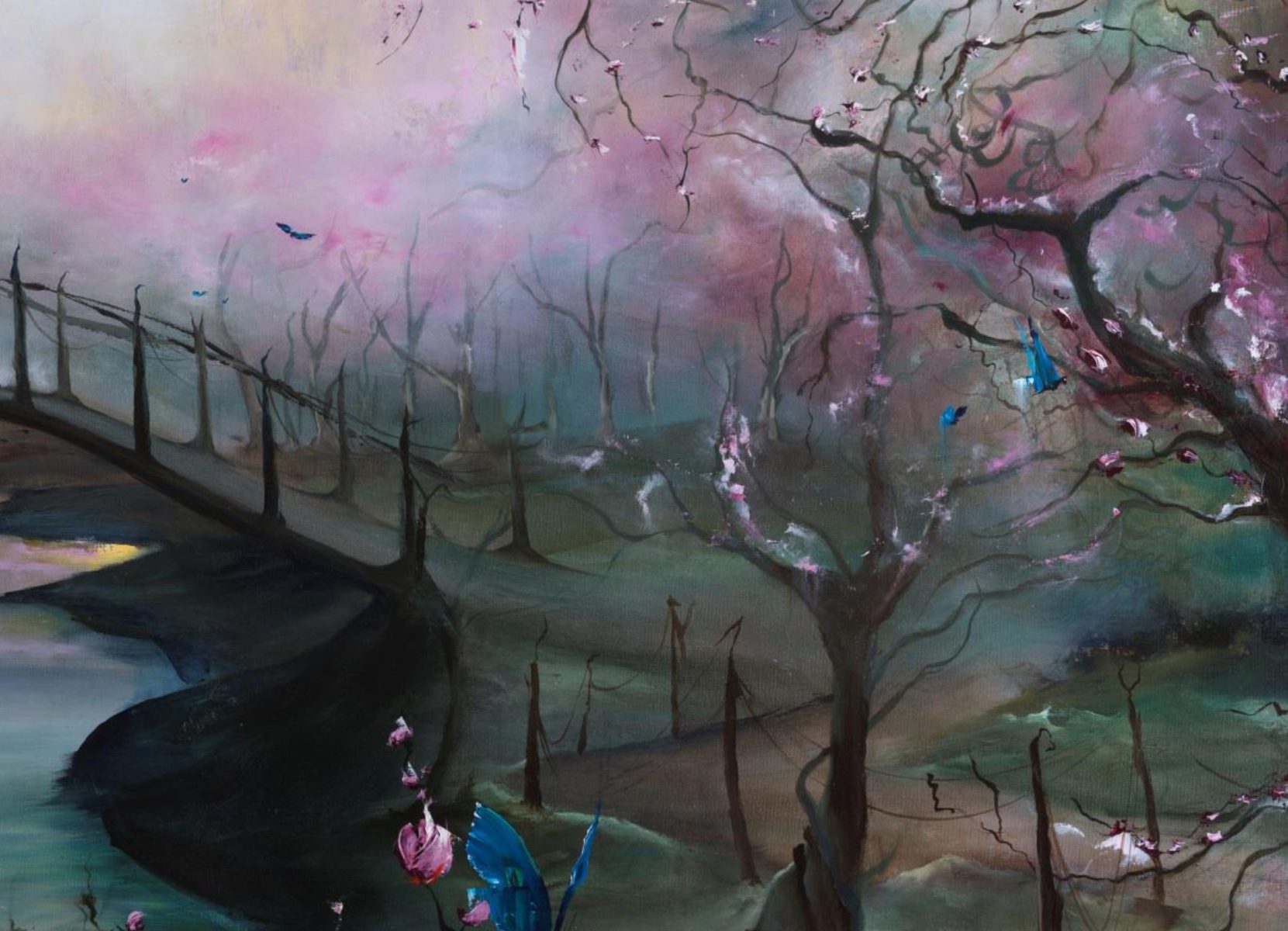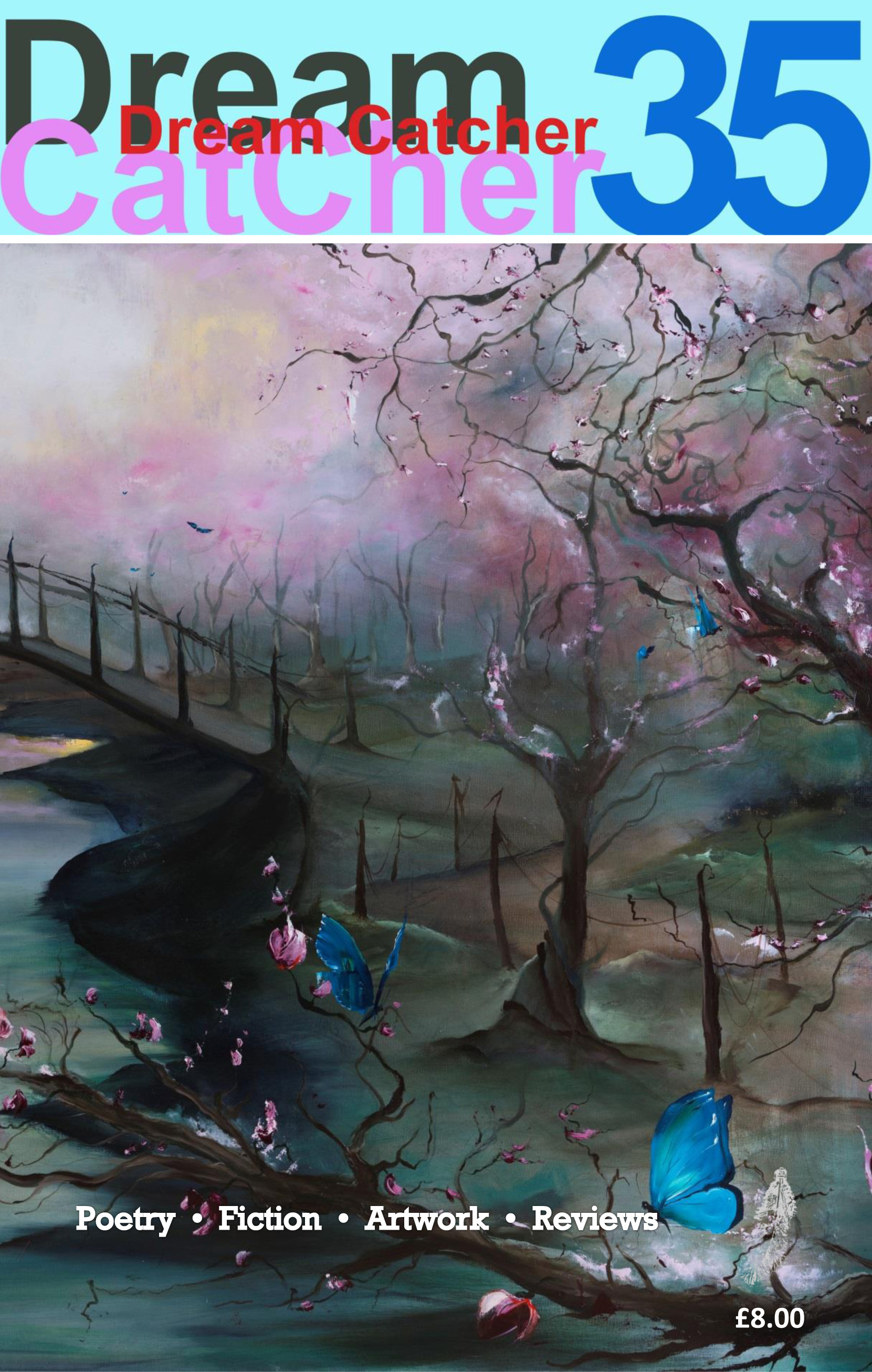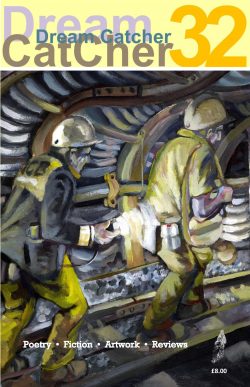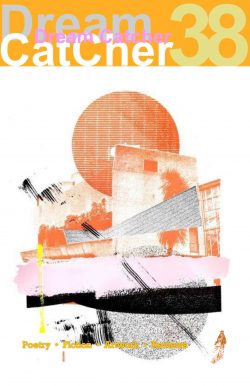| Brexit Means Breakfast | Brexit means breakfast: an understandable just saves seven now, maybe nothing at all another closes, then another and another, with a pinch of salt of the earth, a taste Oz Hardwick |
|---|---|
| …the isle is full of noises… | Under the sun a lazy, lapping sea, On the beach, half-buried, By a tattered tent, still intact, And everywhere, half-hidden All around, from the skies, from the sea, Blowing in the wind, on the wings of a dove, Alice Harrison |
| Had the Atlantic Monthly | Had the Atlantic Monthly Would she have been requited, Or was it the humility No matter. Unbelovèd kings but they tax slaves and nations. I hope she’s been enjoying James B Nicola |
| Cygnus | They think that he raped me, Let them not know the weight of him, or the rub of down on skin, the sight of our cygnets circling the mere, close to shore… One night, not long after the birth, What will you give me for your Swan, Leda? says Moon, winking slyly on the horizon Leda slides her body, a doll against the bank, reflecting alabaster Will you not take me, Moon? she pleads. Me Your swanlings, Leda, whispers Moon, voice salting air, Leda thinks of her Swan, the river-reed scent of his beak, himself, hard and fast, I will, says Leda, eyes closed, counting silver at her betrayal, So Moon lifts the brood from the mere and returns Swan, trussed and tumbling, dead And some say that when it snows they still see Leda, Leda naked by the lake, reaching Jacqueline P Haskell |
Issue 35
£4.00
|
From Chris Rivers’ apocalyptic cover to Andy Armitage’s sweet poem of young love, Among Schoolchildren, each page of Dream Catcher 35 reveals something special. Tony Lucas and Terence Dooley remind us of moments of joy. Elaine Baker and Oz Hardwick take us towards Brexit and Trump, and to Tessa Harmse’s bitter story of lies and deception, Stupid Love. Several of our poets meditate on the nature of poetry, Phil Connolly on the nature of bulllying, Jacqueline Haskell and Maggie Nicholls on the nature of rape. Barbara Cumbers on loss, Nathan Fidler on death, until we close with hope: David J. Costello, Clint Wastling and Philip Dunkerley – on love. |






